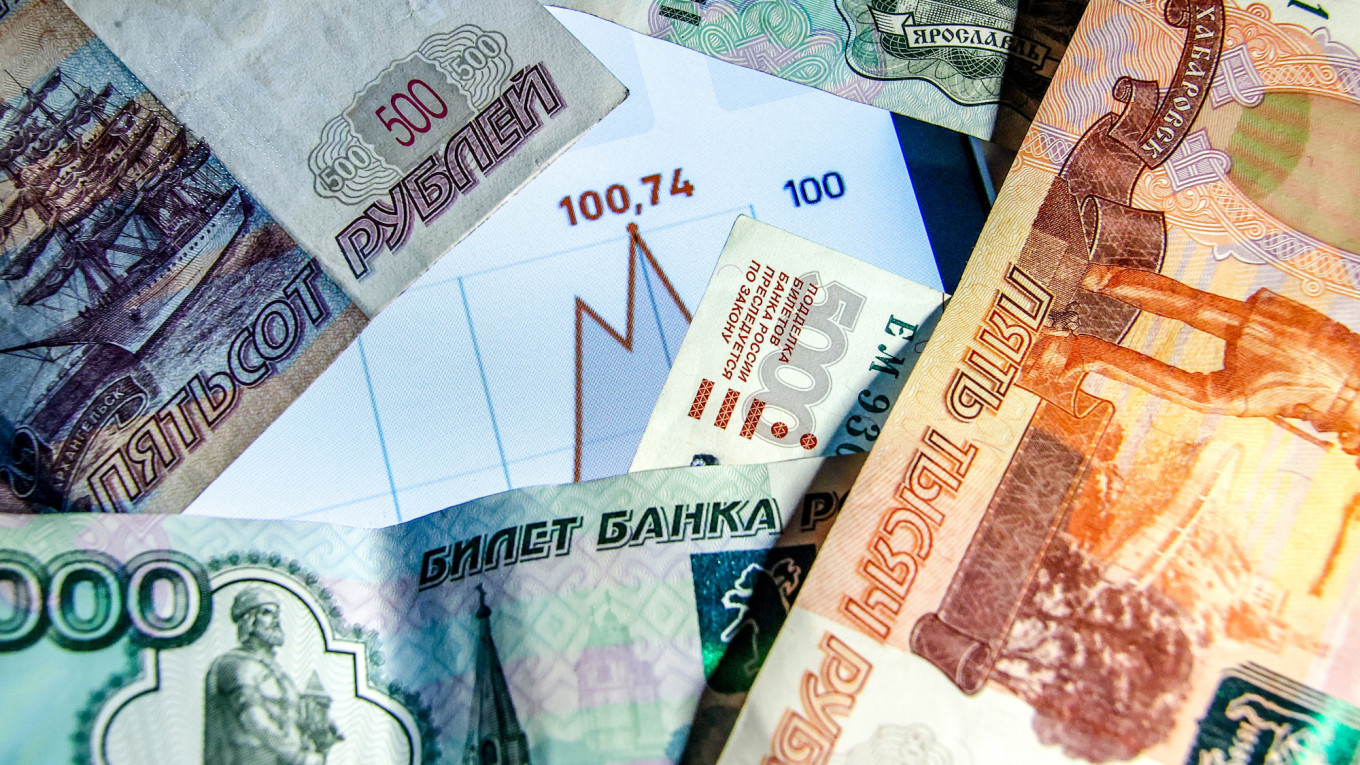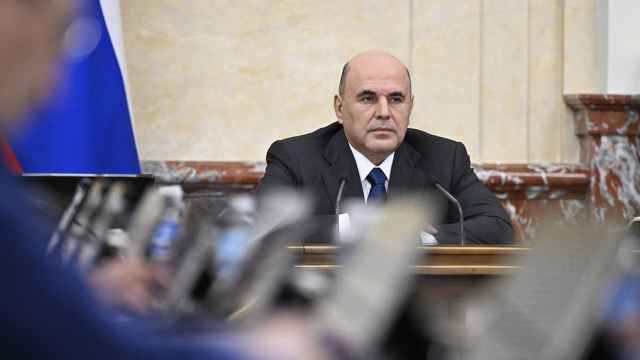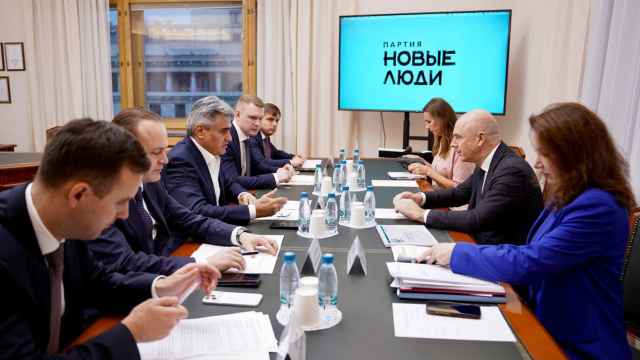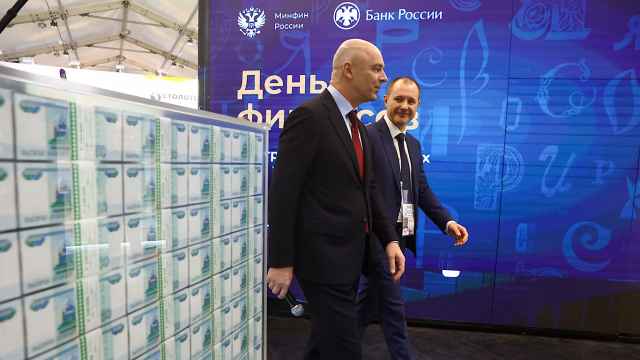Russia plans to raise taxes and cut non-military expenses to sustain its surging war spending in the coming years, Reuters reported on Wednesday, citing a government source.
The revised 2025 budget, due in September, reportedly earmarks 17 trillion rubles ($211 billion) — or 8% of GDP and 41% of total spending — for defense and security, the highest share in post-Soviet history. The source said actual military outlays were “slightly higher.”
Cuts to defense spending would only be possible in 2027 if the war in Ukraine ends, as other sectors compete for funds, the government source said. But they warned that tax increases are “unavoidable.”
“Otherwise, we simply won’t be able to make ends meet, even with a reduction in defense spending. Oil and gas revenues are falling and the economy cannot fully compensate for this,” the source told Reuters, adding there will be no return to pre-war levels of spending.
“Even with a ceasefire, shells and drones will still need to be made, but on a slightly smaller scale,” they said.
Russia’s Finance Ministry said earlier this month that the government deficit had already overshot the full-year target, reaching 4.88 trillion rubles ($61.1 billion) between January and July, or 2.2% of GDP. That is well above the 3.8 trillion rubles planned for all of 2025 under a revised budget signed by President Vladimir Putin earlier this summer.
Officials blame weaker oil and gas revenues — down nearly 19% year-on-year — and “advance financing” of expenses early in the year. Analysts, however, say the real driver is runaway spending.
Outlays in July jumped more than 24% compared to last year, with spending over the first seven months up more than 20% to 25.2 trillion rubles. Revenues, by contrast, have barely grown.
Putin has dismissed concerns that record defense spending is constraining Russia’s economy, despite falling energy revenues and a ballooning budget deficit. He has instead argued that greater military outlays offer an opportunity to integrate defense and civilian production.
Still, officials acknowledge the need to cut civilian spending. Anatoly Artamonov, head of the Federation Council’s budget committee, has proposed annual cuts of 2 trillion rubles ($24.8 billion) until 2028.
If enacted, the reported tax hikes would mark the second major increase in a year, after a reform earlier in 2025 that introduced a progressive tax system and raised corporate contributions to the state budget.
A Message from The Moscow Times:
Dear readers,
We are facing unprecedented challenges. Russia's Prosecutor General's Office has designated The Moscow Times as an "undesirable" organization, criminalizing our work and putting our staff at risk of prosecution. This follows our earlier unjust labeling as a "foreign agent."
These actions are direct attempts to silence independent journalism in Russia. The authorities claim our work "discredits the decisions of the Russian leadership." We see things differently: we strive to provide accurate, unbiased reporting on Russia.
We, the journalists of The Moscow Times, refuse to be silenced. But to continue our work, we need your help.
Your support, no matter how small, makes a world of difference. If you can, please support us monthly starting from just $2. It's quick to set up, and every contribution makes a significant impact.
By supporting The Moscow Times, you're defending open, independent journalism in the face of repression. Thank you for standing with us.
Remind me later.






